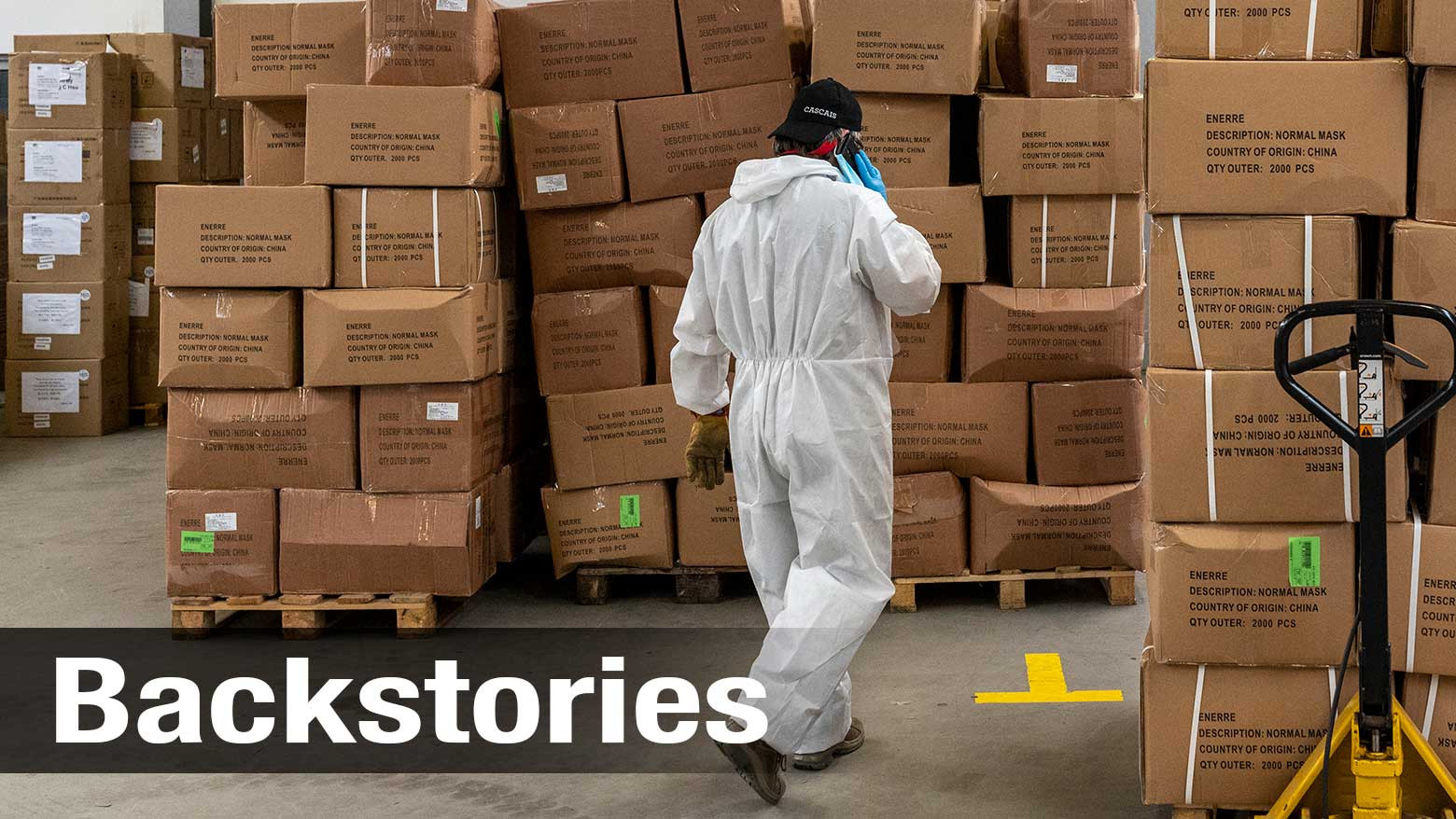The G20 released a statement following the conference: “We will guard against any unjustified restrictive measures that could lead to excessive food price volatility in international markets and threaten the food security and nutrition of large proportions of the world population, especially the most vulnerable.”
Russia, Kazakhstan, and Ukraine have announced they are limiting wheat exports, while Vietnam and Cambodia are doing the same with rice. Japan’s food supplies, which are reliant on imports from the US, Canada, and Australia, are currently secure. Nonetheless, agriculture minister Eto Taku stressed to his counterparts at the conference that international cooperation is essential to protect global food security, and that unneeded export bans should be avoided.
Food supplies aren’t the only goods being threatened by export restrictions. The EU and US are considering bans on exports of medical supplies, including masks, respirators, and personal protective equipment. The World Trade Organization and the International Monetary Fund have warned against such action, saying in a statement that “export restrictions can be dangerously counterproductive” and that “other governments counter with their own restrictions.”
The 2007-8 world food price crisis is just the latest example in history that shows export restrictions by one country often leads to similar moves across the world. This results in higher prices and added economic uncertainty. At a time when countries already have their hands full with a pandemic, food shortages would be nothing short of catastrophic. It is imperative that governments and international bodies take measures to minimize such risks.

